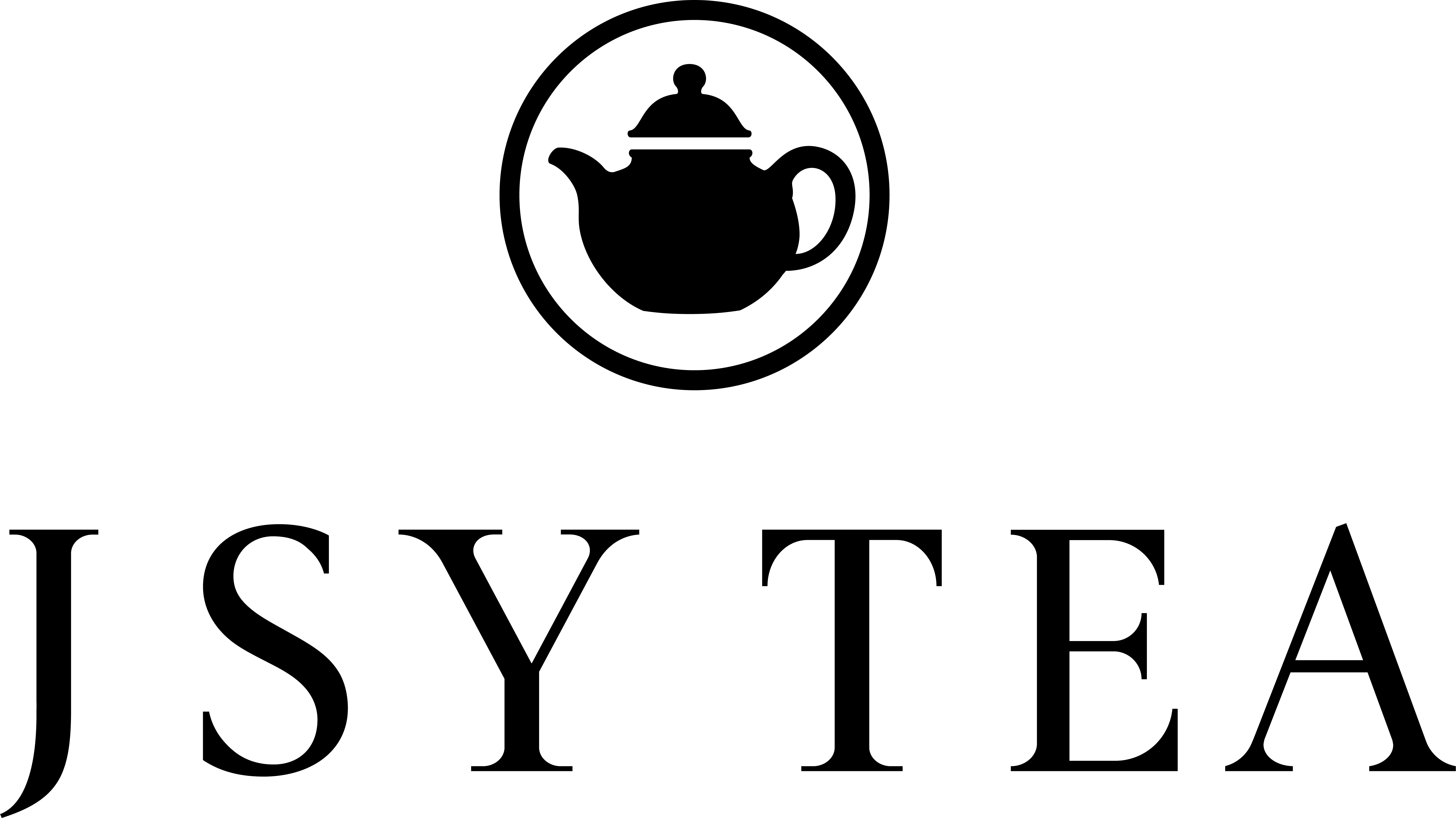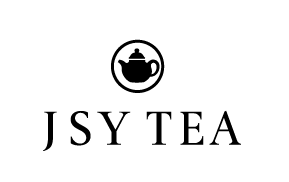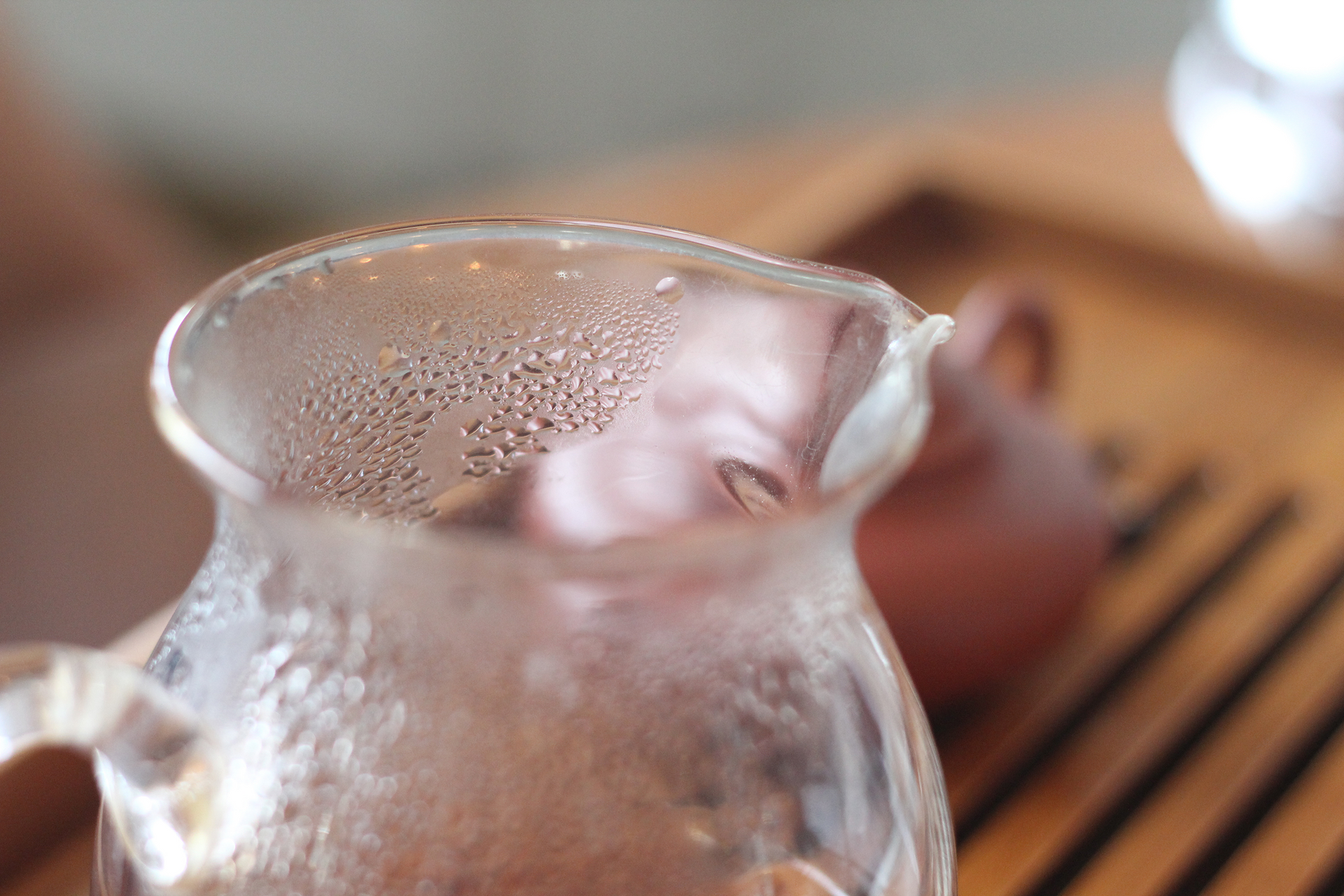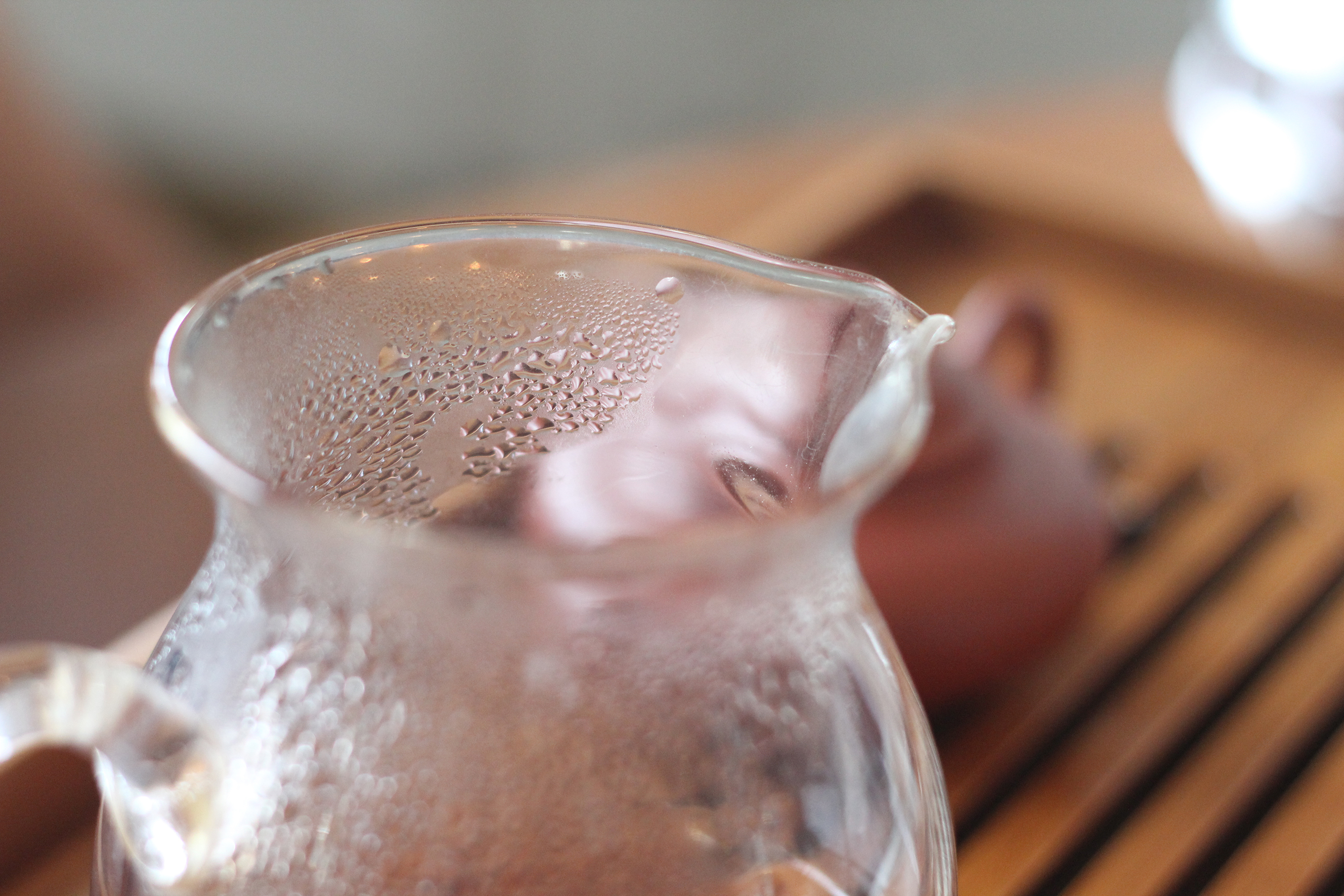What is the most suitable time to drink tea? Which of the following three conditions do you think is suitable for drinking tea?
1. Right after meals
2. On an empty stomach
3. Before going to bed
In fact, the above three situations, but suggest that you should avoid drinking tea.



